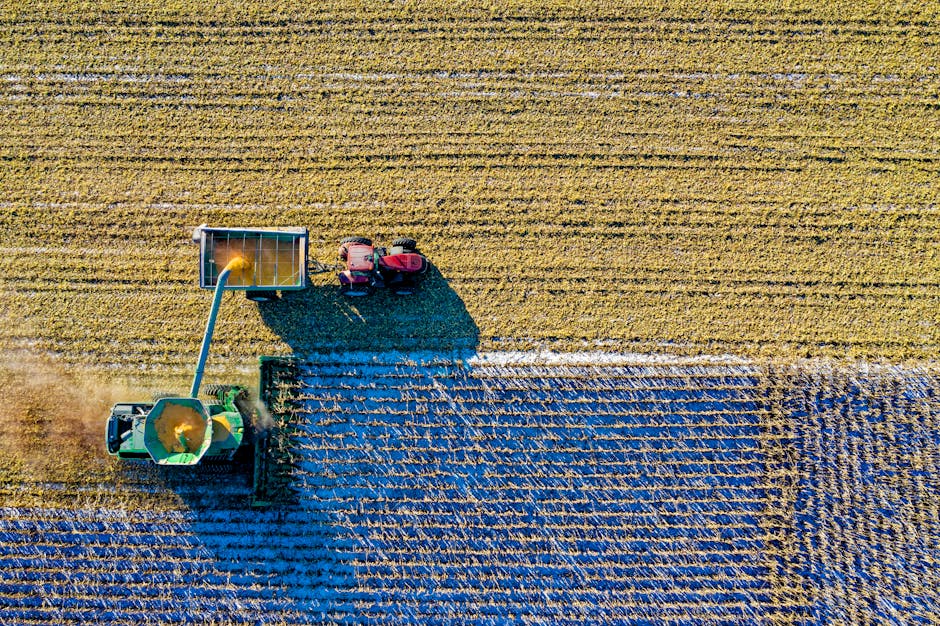
The Art of Farming: Unlocking the Pros and Cons
Benefits of Farming:
1. Food Security:
At its core, farming ensures food security for communities and nations. By cultivating crops and raising livestock, farmers contribute to a steady supply of fresh produce and animal products. This essential role in meeting our nutritional needs cannot be overstated.
2. Economic Stability:
Farming not only provides sustenance but also acts as an economic driver. Agricultural activities generate employment opportunities across various sectors, from crop cultivation to processing and distribution. Additionally, farming contributes to the national economy through exports, reducing dependence on imports and boosting local markets.
3. Environmental Stewardship:
Sustainable farming practices play a crucial role in preserving our environment. By adopting organic farming methods, reducing chemical inputs, conserving water resources, and implementing responsible land management techniques, farmers can protect biodiversity, minimize soil erosion, and promote long-term ecological balance.
4. Community Engagement:
Farming fosters a sense of community and connection with nature. Farmers often engage in direct-to-consumer sales through farmer's markets or community-supported agriculture programs (CSAs), allowing them to establish personal relationships with consumers while offering fresh, locally-produced goods.
Pros and Cons of Farming:
1. Pros:
a) Independence: Farmers enjoy the freedom to make their own decisions regarding crop selection, farming techniques, and business operations.
b) Health Benefits: Engaging in physical labor outdoors can improve overall fitness levels and mental well-being.
c) Heritage Preservation: Farming traditions are passed down through generations, preserving cultural heritage and rural traditions.
d) Skill Development: Farmers continuously acquire a diverse range of skills, from animal husbandry to equipment maintenance, which can be valuable in various aspects of life.
2. Cons:
a) Financial Risks: Farmers face constant uncertainty due to factors beyond their control, such as weather conditions and market fluctuations, which can impact profitability.
b) Long Working Hours: Farming demands dedication and often involves long hours, especially during critical seasons.
c) Physical Demands: The physical labor required in farming can be physically demanding, leading to increased fatigue and potential health issues.
d) Vulnerability to Climate Change: Changing weather patterns, extreme temperatures, and natural disasters pose significant challenges for farmers worldwide.
Farming remains an essential pillar of society, offering numerous benefits while presenting its fair share of challenges. From ensuring food security to fostering economic stability and environmental stewardship, the advantages of farming are vast. However, it is crucial to acknowledge the cons associated with this profession, including financial risks, physical exertion, and vulnerability to climate change. By understanding these pros and cons, we can work towards supporting farmers and implementing sustainable agricultural practices that promote a resilient future for all.
Remember to visit smartagriot.co.za for more informative articles on farming and agriculture. Happy farming!
